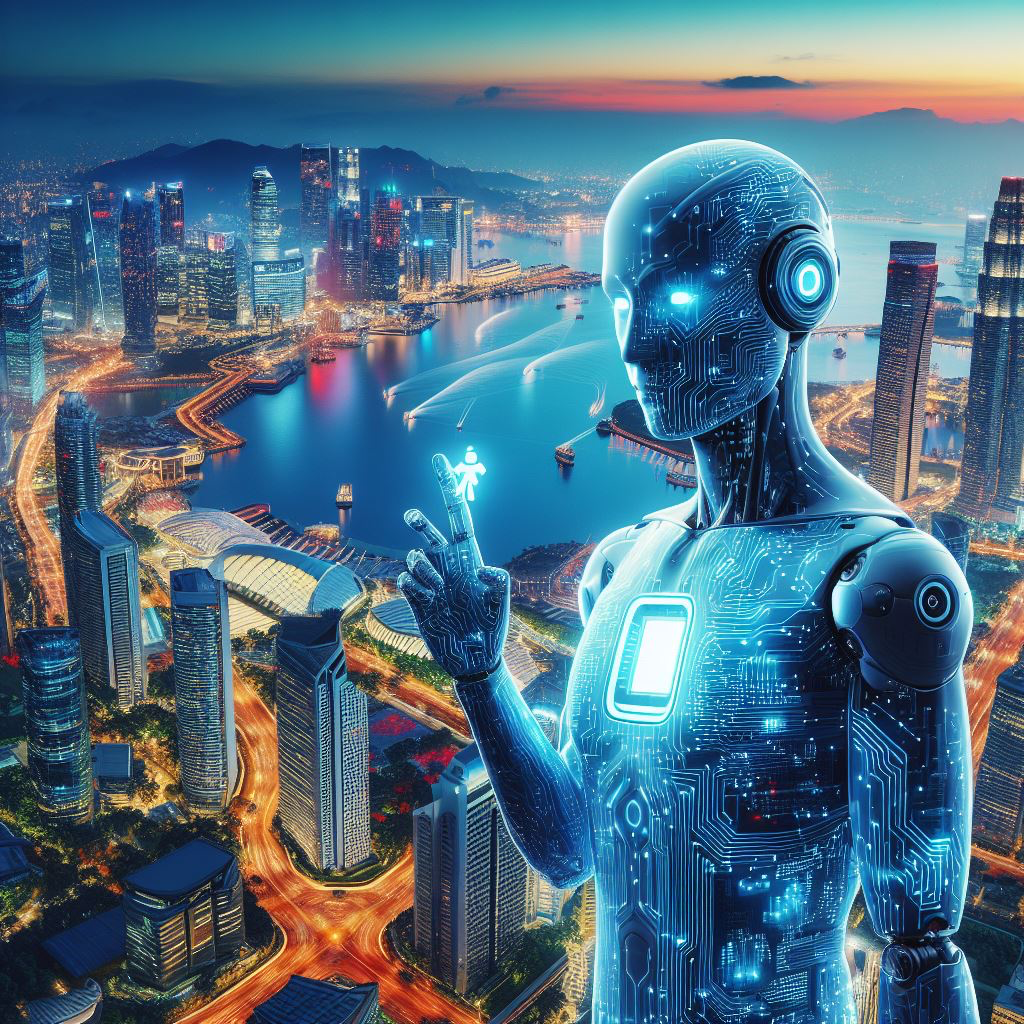The future accompanied by AI is promising
Even though AI faces limitations today, the future of artificial intelligence holds substantial potential for further improving our lives and advancing society. Smart home devices and virtual assistants are revolutionizing how we live, work, and interact with technology. Furthermore, it provides personalized recommendations for nearly everything from movies to articles, navigating unfamiliar places, and providing shopping assistance.
Along with helping us perform various daily tasks and be organized, Artificial Intelligence offers countless advantages in multiple sectors. One of the most significant advantages being automation. AI automated systems are constantly improving while also increasing productivity and efficiency. AI’s improving decision-making capabilities would open doors for new products and services. Moreover, enhancing AI algorithms would analyze vast amounts of data to provide valuable insights in several fields, including healthcare, entertainment, and education.
Despite its numerous advantages, AI also presents several challenges and significant risks, including the potential to harm anyone’s reputation and privacy. AI systems rely on vast amounts of data and access to personal information, raising concerns about data privacy, which can pose significant privacy risks if not properly managed. If humans or AI misuses the data, it can spread false information, harmful AI-generated videos, and other forms of deception that can damage someone’s reputation.
There is also a higher risk of unemployment, particularly in industries reliant on routine and manual labor. Likewise, another challenge is bias and fairness in AI algorithms. AI algorithms are only as good as the data they are trained on. If this data is biased, the algorithms can produce discriminatory outcomes. Ensuring fairness and transparency in AI algorithms is crucial to preventing partiality in its outcomes.
To summarize, there can be endless possibilities of how the future with AI will be, where artificial intelligence could revolutionize industries and enhance human capabilities or endanger our privacies and general economy. Using AI responsibly can improve the outcomes for many problems society has now, but if it isn’t used appropriately, the effects can be unfavorable. Therefore, the burden falls on the developers of AI and how they choose to shape it moving forward.

